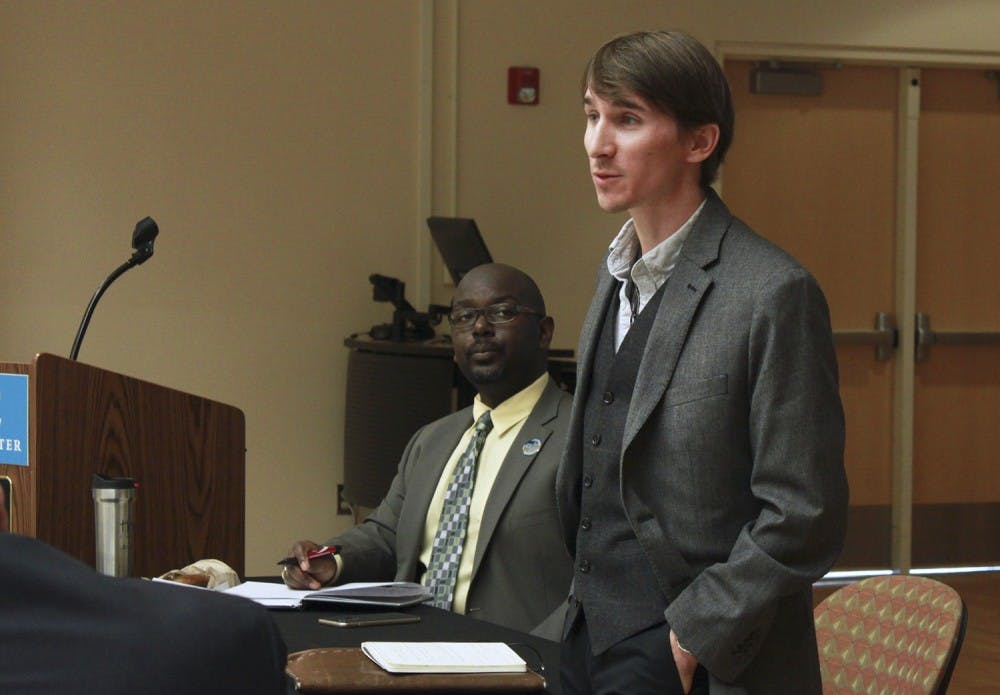There are a lot of fun things about graduating college: graduation photos, senior bar golf and no more exams. One aspect of graduation that isn’t fun is student loans.
To answer the questions you’re too afraid to ask, staff writer Krupa Kaneria talked with Eric Johnson, the assistant director for policy analysis and communications in The Office of Scholarships and Student Aid, about his work, UNC’s approach to student loans and the smartest ways to pay off your debts.
The Daily Tar Heel: What advice about paying off loans would you give to the students who are about to graduate?
Eric Johnson: The first piece of advice that I would give is that your first job is almost never going to be your last job. So keep in mind that the first career move is not forever and that most people who come out of school tend to feel stressed because of loans in their first or second job. What you have done by getting a college degree is give yourself a lifetime of upward mobility.
On a practical level, you want to make sure that you understand the repayment terms. If you have borrowed federal loans, those come with a lot of protections. There are income-based repayment plans where you only have to pay a certain portion of your disposable income. If you’re still in school, those loans get deferred. If your income is below a certain threshold, depending on what kind of loans they are, they can be deferred.
Make sure you understand what kinds of protections come with those loans. That also means getting on the phone with the Department of Education or your loan servicer and bugging them until they get your questions answered.
DTH: How can people be smart about their financial aid and minimize loan payments?
EJ: First of all, it is important to understand that only about two out of five students at UNC-Chapel Hill carry loans at graduation — so less than half of the students graduating will have student loans as a part of their Carolina education, which is something we are pretty proud of and work hard at. For those who do borrow, the average amount of debt among those students is about $10,000 below the national average.
Borrowing to invest in higher education is a reasonable thing to do, and students should feel comfortable taking on a reasonable amount of debt in order to get a valuable college degree.




